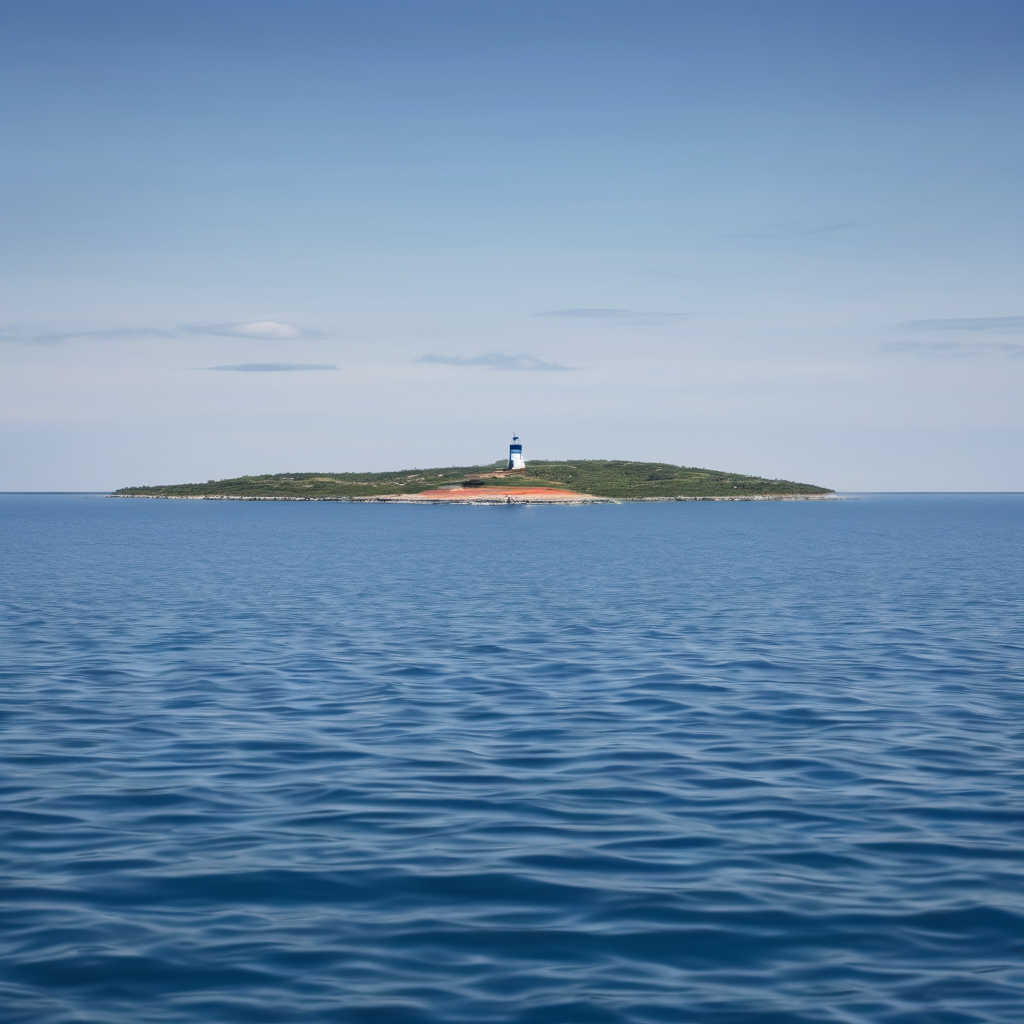Minister for Transport Ro Filipe Tuisawau has responded to allegations made by Goundar Shipping Limited (GSL), which include claims that the delay in the MV Captain Inoke’s operations on the Natovi–Nabouwalu route is the result of negligence from the Maritime Safety Authority of Fiji (MSAF) board members. GSL is reportedly considering legal action against these members, accompanied by rumors suggesting that the Prime Minister ordered the removal of certain board officials.
In addressing these claims, Minister Tuisawau emphasized that all decisions regarding vessel operations are made in accordance with established protocols, and he conducts thorough independent due diligence before granting any approvals related to shipping activities. He stressed that ensuring passenger safety remains his top priority and reaffirmed that he will not bypass any official processes.
The minister highlighted the importance of maintaining professional boundaries, stating that practices allowing direct communication between vessel operators and the Ministry would no longer be permitted under his direction. Currently, MSAF Chief Executive Joeli Cawaki is on suspension while an internal investigation is ongoing.
Tuisawau urged all stakeholders to respect the ongoing investigation and cautioned against using social media to influence proceedings. He confirmed that a formal statement would be released soon, calling for professionalism and adherence to due process as the situation develops.
This situation arises amidst heightened scrutiny of MSAF’s governance, which has faced previous allegations regarding transparency, including issues regarding expenditure and the timely certification of vessels. The minister’s ongoing commitment to due diligence and regulatory independence signals a focus on upholding safety and compliance in maritime operations.
As these discussions progress, there is a positive outlook that the governance reforms and emphasis on transparency will result in a more reliable and secure maritime sector in Fiji. Strengthening these operational protocols could enhance public trust and contribute to a safer environment for both passengers and maritime commerce.
